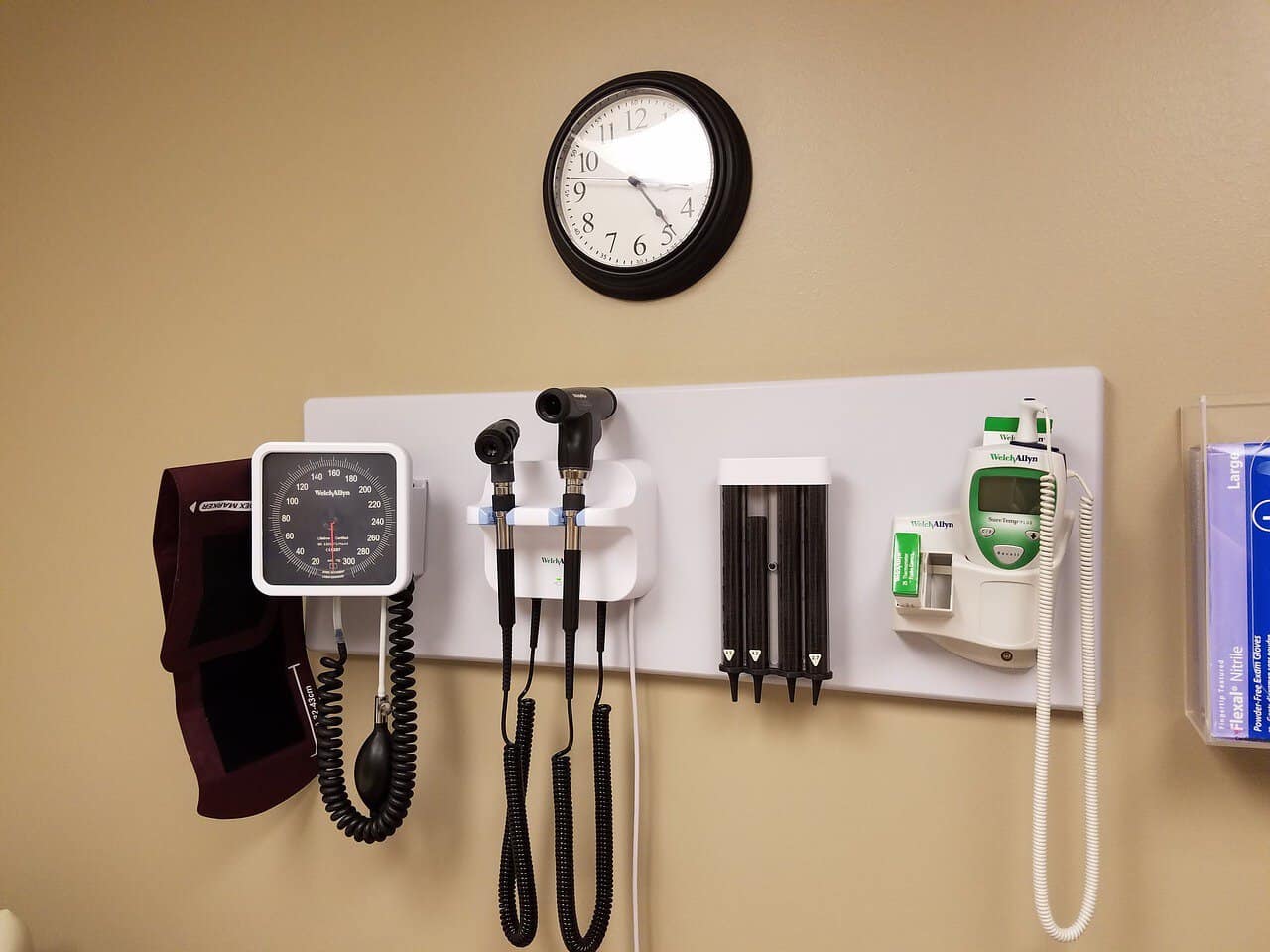By Jamison S. Jaffe, DO
Benign prostatic hyperplasia (BPH) is a common condition that affects millions of men as they age.
While not life-threatening, BPH can significantly impact a man’s quality of life.
At Penn Medicine Princeton Health, men who are suffering from BPH have a variety of treatment options, including a new innovative therapy called Aquablation.
What is BPH?
Benign prostatic hyperplasia, also known as an enlarged prostate, is a noncancerous enlargement of the prostate gland.
The prostate gland is a walnut-sized gland that is part of the male reproductive
system. It is located just below the bladder and makes fluid that is part of semen.
In most men, the prostate gland grows as they age. In fact, BPH is the most common prostate condition in men over age 50, according to the National Institutes of Health.
As the prostate gets bigger, it can put pressure on the bladder and compress the urethra — the tube through which urine passes out of the body — blocking the flow of urine and leading to various urinary symptoms.
What are the risk factors?
Age is the biggest risk factor for developing BPH. Other risk factors include:
- Family history of the condition.
- Changes in hormone levels, particularly the balance between testosterone and estrogen.
- Obesity. Excess body weight may be associated with higher risk of developing BPH.
- Have certain health conditions such as obesity, heart disease, type 2 diabetes, and erectile dysfunction.
- Not getting enough physical activity.
What are the signs of BPH?
Symptoms of BPH include:
- Dribbling at the end of urinating.
- Inability to urinate (urinary retention).
- Incomplete emptying of your bladder.
- Needing to urinate two or more times per night.
- Pain with urination or bloody urine (these may indicate infection).
- Slowed or delayed start of the urinary stream.
- Straining to urinate.
- Strong and sudden urge to urinate.
- Weak urine stream.
Less than half of all men with BPH have symptoms of the disease.
Additionally, the size of the prostate doesn’t necessarily determine the severity of the symptoms. Men with slightly enlarged prostates can have debilitating symptoms, just as men with very enlarged prostates can have only mild symptoms.
If left untreated, BPH can lead to various complications such as:
- Urinary tract infections.
- Bladder stones.
- Sudden and painful urinary retention, which requires emergency care.
- Kidney damage (in rare cases).
How is BPH diagnosed and treated?
If you have symptoms of BPH, it is important to see your doctor for a physical exam.
A digital rectal exam as well as tests to measure urine flow and residual urine can
help diagnosis BPH.
Treatment depends on the severity of symptoms. For mild cases of BPH, medicines and lifestyle changes may be all that’s necessary for relief. In cases where symptoms are severe, more advanced treatment may be recommended.
The gold standard for treating BPH is a surgical procedure called transurethral resection of the prostate (TURP). Many patients, however, choose to avoid a TURP, especially as less invasive, highly effective alternative treatments have been developed in recent years.
What is Aquablation?
For men with any size prostate who have tried medical therapy with little success or wish to avoid traditional surgery, Aquablation may be recommended.
Aquablation uses a heat-free waterjet controlled with robotic assistance to remove excess prostate tissue with exceptional precision. The prostate is reached through the urethra so no incision is made.
Real-time ultrasound images allow the surgeon to clearly see which areas of the prostate to remove. The surgeon then maps the treatment areas to avoid the parts that control sexual and urinary function.
This level of accuracy lowers the risk for side effects such as erectile dysfunction, ejaculatory complications and incontinence.
The procedure is performed while the patient is under anesthesia, and typically requires an overnight hospital stay. Most patients go home without a catheter the next day.
Can BPH be prevented?
Though BPH cannot be prevented, there are certain steps you can take to reduce symptoms and take care of your prostate health.
- Urinate when you first get the urge. Also, go to the bathroom on a timed schedule, even if you don’t feel a need to urinate.
- Avoid alcohol and caffeine, especially after dinner.
- Do not drink a lot of fluid all at once. Spread out fluids during the day. Avoid drinking fluids within two hours of bedtime.
- Try not to take over-the-counter cold and sinus medicines that contain decongestants or antihistamines. These drugs can increase BPH symptoms.
- Keep warm and exercise regularly. Cold weather and lack of physical activity may worsen symptoms.
- Reduce stress. Nervousness and tension can lead to more frequent urination.
- Get regular checkups.
Benign prostatic hyperplasia may be common, but it doesn’t mean you have to live with the symptoms. With various treatment options available, you can find relief and
maintain your overall well-being.
If you suspect you have BPH or are experiencing urinary issues, consult a healthcare professional for a proper evaluation and personalized treatment plan.
To find a physician with Penn Medicine Princeton Health, call (888) 742-7496 or visit
www.princetonhcs.org.
Jamison S. Jaffe, D0, is board certified in urology. He is a member of the medical staff at Penn Medicine Princeton Health and the Medical Director of Urology for Penn Medicine Princeton Medical Center.

